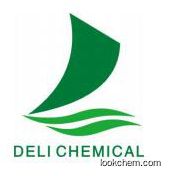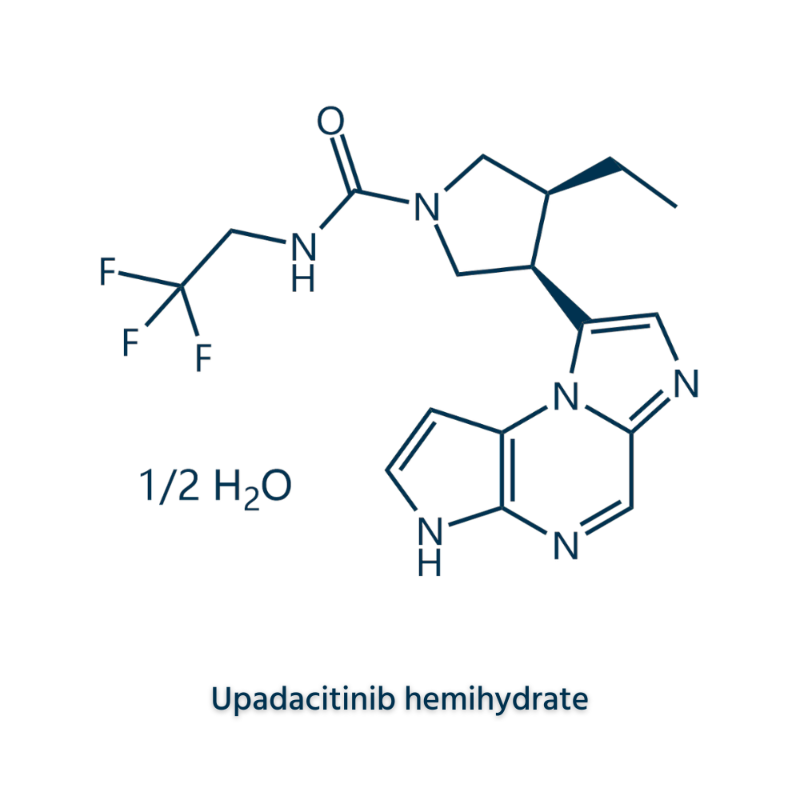-
Categories
-
Pharmaceutical Intermediates
-
Active Pharmaceutical Ingredients
-
Food Additives
- Industrial Coatings
- Agrochemicals
- Dyes and Pigments
- Surfactant
- Flavors and Fragrances
- Chemical Reagents
- Catalyst and Auxiliary
- Natural Products
- Inorganic Chemistry
-
Organic Chemistry
-
Biochemical Engineering
- Analytical Chemistry
-
Cosmetic Ingredient
- Water Treatment Chemical
-
Pharmaceutical Intermediates
Promotion
ECHEMI Mall
Wholesale
Weekly Price
Exhibition
News
-
Trade Service
The topic of what we should eat and what we should eat and what we should eat has been going on for a long timeThe Greeks and Romans once advocated a moderate diet as a way to live a long lifeOver the past 100 years, countless dietists have argued that all thought-at-come changes in nutrient input have been used to treat obesity and many diseases, includingcancerNutritional choices can affect the risk of certain malignancies, although the basis of the mechanismbehindthese these associations is not yet clearIn addition, dietary changes can improve responses to cancer treatment, a concept that is attractive to many cancer patients14 May 2020
Cancer Cellpublished online" article "Dietary Approaches to Cancer Therapy", reviewed dietary therapies in cancer treatment, explored the therapeutic potential of dietary regulation of fats, carbohydrates and proteins, with particular attention to the selective deprivation of individual amino acid diets, combined with these diets with other therapies to maximize efficacy, and discussed the importance of the tumor microenvironment and overall response to nutritional interventionsFigure 1Cancer Cellpublished online "Dietary Cares to Cancer Therapy" (source:Cancer cell)cancer metabolism is complex butwarburg et al first noticed metabolic changes that accompany malignant development of tumors, but why does cancer exhibit metabolic changes, which are necessary for malignant phenotypes, or are only a by-product of the transformation of cancer? Different cancers exhibit a wide range of metabolic activity, and despite the complexity of metabolic transformation, there is growing evidence that some metabolic changes that promote cancer-causing progression may have selective weaknesses that can target cancer prevention or treatment are influenced by the origin of tissue, microenvironment and genetics, cancer sit in different metabolic needs Tumor cells also affect the behavior of surrounding matrix cells , and cancer is good at using and manipulating the surrounding environment to provide nutritional support Therefore, dietary regulation will need to be matched with the specific characteristics of cancer and treatment, which is an accurate approach that requires a detailed understanding of the mechanisms that determine the metabolic weakness of each cancer most national cancer organizations provide dietary guidelines that emphasize healthy eating and adequate nutritional intake for cancer patients, cancer patients are encouraged to maintain calorie intake, especially in a high-protein diet dietary calorie restriction can be used as an alternative treatment clinical trials are under way dietary interventions for various cancer treatments, most directly including the elimination (or near elimination) of food intake through fasting or mimicking fasting diet (FMD) These methods include chronic calorie restriction (which often leads to weight loss) and acute intermittent or short-term fasting (allowing a return to normal diet to help maintain weight and increase compliance) fasting mechanisms may reflect a range of reactions, including systematic reactions such as circulating glucose, insulin, and IGF-1 in collaboration with the increased IGF binding protein (IGFBPs) to induce protective reaction s in normal cells, such as proliferation inhibition, AMPK induction, antioxidants, and autophagy There is ample evidence that heat restriction can enhance cancer treatment, and intermittent fasting has proven to be a good tolerance method Although heat restriction simulations and autophagy induction can promote anti-tumor responses, a recent study has also shown that host autophagy plays an important role in supporting cancer growth by providing cyclic arginine A more targeted approach should therefore be considered to limit selective nutrients without limiting calories as an alternative treatment target ketogenic diets can function through changes in glucose metabolism
the low-sugar components of the ketogenic diet are similar to the above-mentioned FMD, which may partly explain their synergies in cancer treatment However, unlike FMD, a ketogenic diet does not require calorie restriction or low protein intake (1) A reaction to the ketogenic diet is to reduce circulating glucose and lower circulating insulin and IGF-1 levels, which helps limit abnormal activation of the cancer-causing signaling pathway downstream of insulin receptors in tumors limits (2) glucose force cells to use mitochondrial metabolism, a metabolic switch that increases the toxicity levels of reactive oxygen (ROS) to some high-sugar enzymes to detoxify cancer cells, although other tumors may respond to the ketogenic diet by reducing tumor oxidative stress (3) redox stress may also contribute in some cases to the reaction of the ketogenic diet note that the ketogenic diet is unlikely to be an independent treatment, but can be combined with specific therapies to benefit cancer patients who are suitable for the treatment protein restriction is highly cancer-suppressing
protein diet can also limit cancer development, and various reactions to protein restriction can explain this phenomenon, including the regulation of IGF-1 levels and the limiting of PI3K/AKT/mTOR signaling autophagy activation and the induction of circulating FGF21 levels are also thought to be a response to reduced protein intake, although these may have a role in limiting or promoting cancer development The regulatory and treatment opportunities for the serine synthesis pathway (source: Cancer cell ) a moderate reduction in dietary proteins (rather than carbohydrates) has been shown to induce the activation of endosome net stress in cancer cells and promote the induction of anti-tumor T-cell response Interestingly, high levels of animal protein appear to be more harmful to health than plant proteins, suggesting that certain amino acid levels in the diet may be more important than overall protein levels summary and reflection
has made significant progress in model development in predicting therapeutic synergies between dietary interventions and pharmacological therapy, although many problems remain on how to better use dietary regulation to support traditional and targeted treatments Our understanding of how external nutrient levels affect cancer cell growth is to some extent hampered by the widespread use of cell cultures that do not reflect the environment in which cancer cells encounter in the body in order to maintain an anti-tumor functional immune response and avoid the occurrence of adverse diseases, the effects of diet should be considered as a whole, it is important to remember that diet-controlled cancer treatment is likely to be only a short-term coordinated treatment references: Myle'ne Tajan and Karen H Vousde Dietary Cares to Cancer Therapy Cell Cancer 37, June 8, 2020 https://doi.org/10.1016/j.ccell.2020.04.005 author: Tao Ran Source:
health







